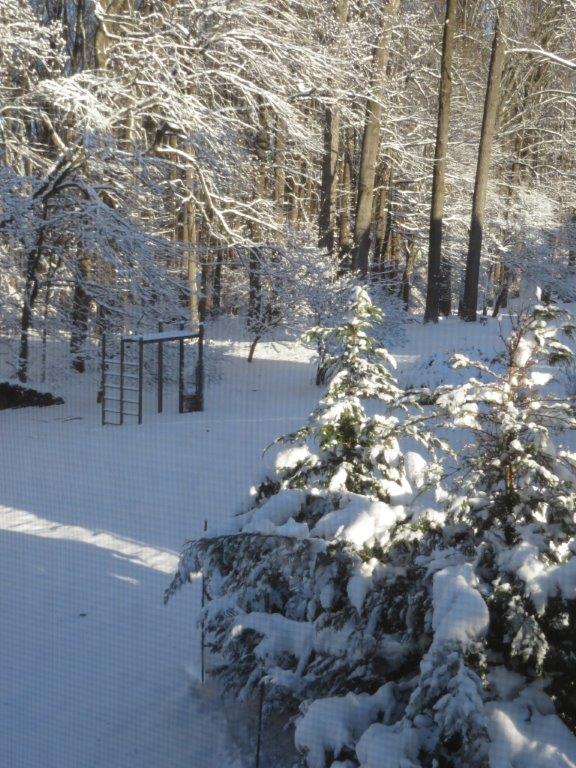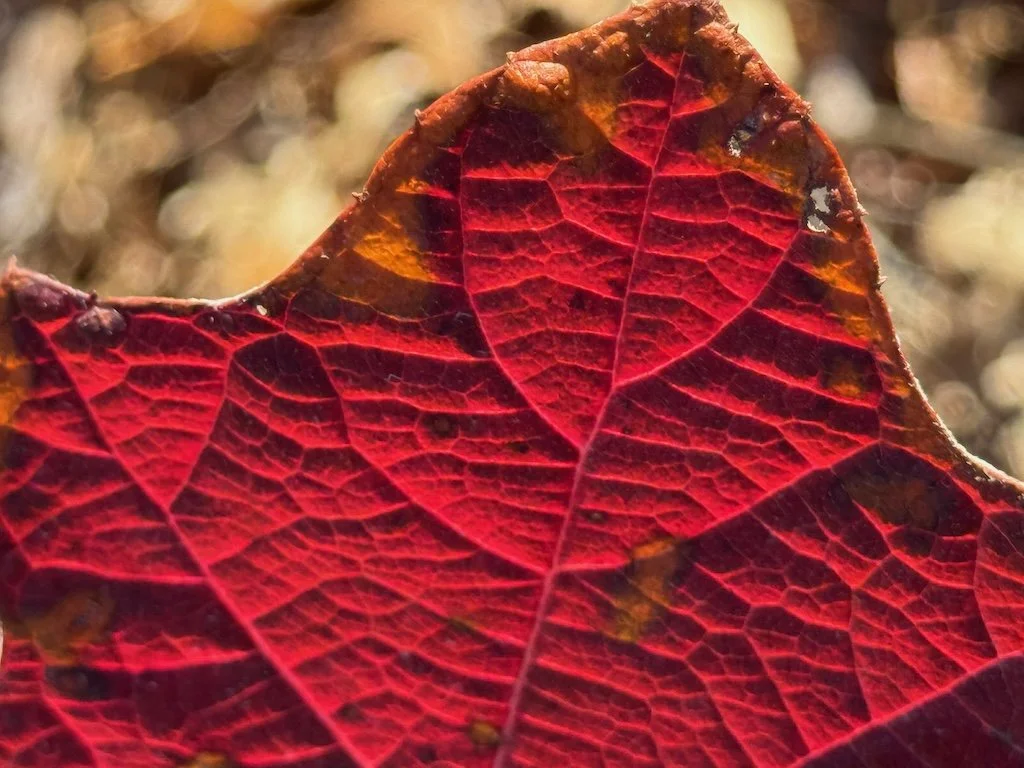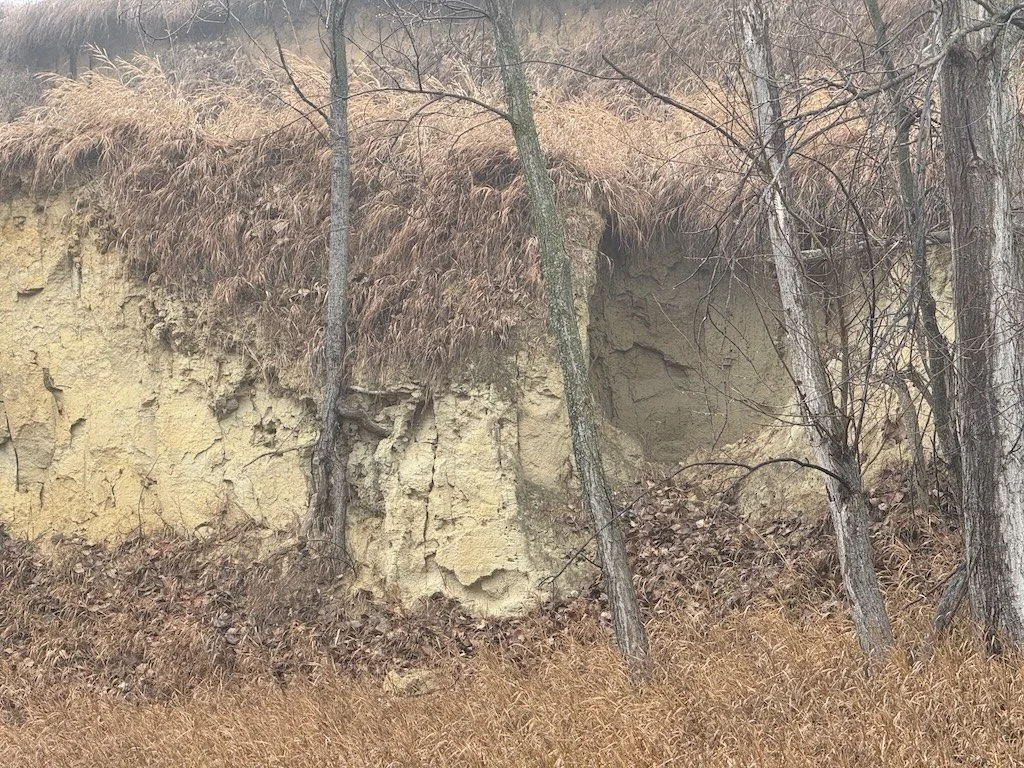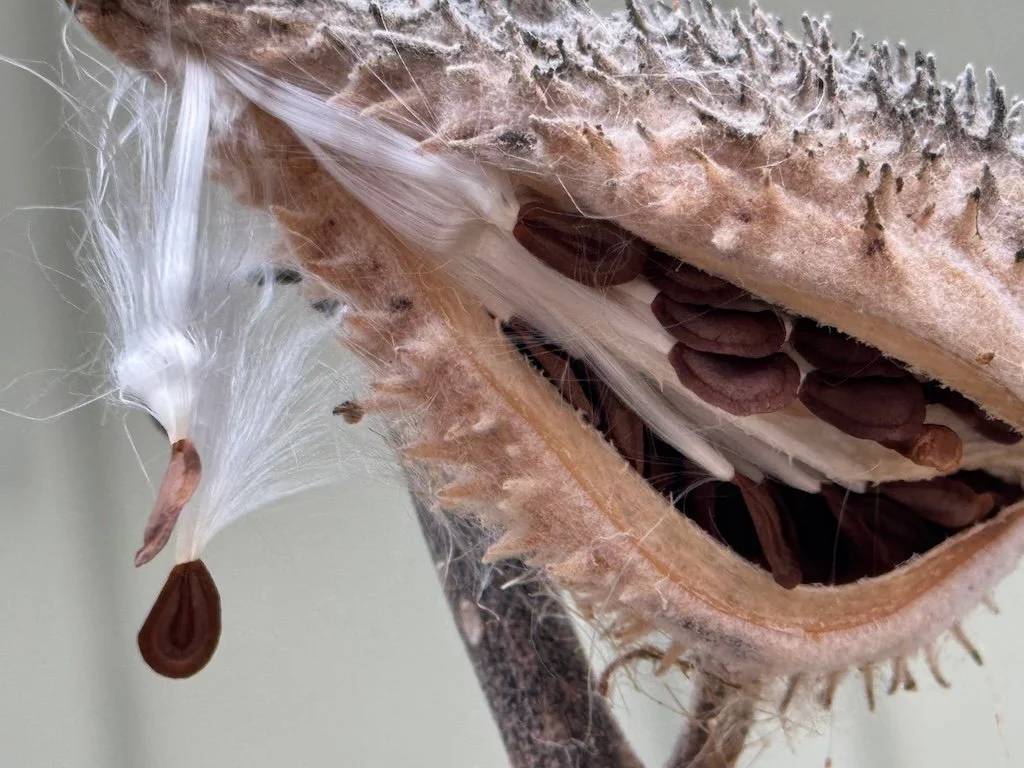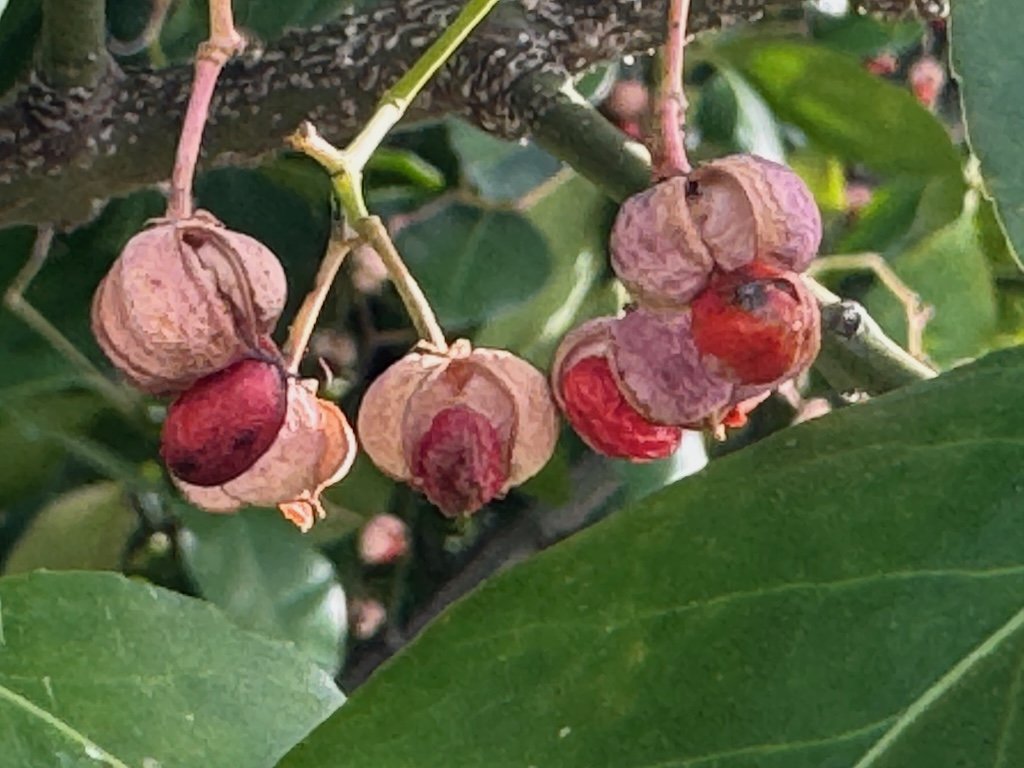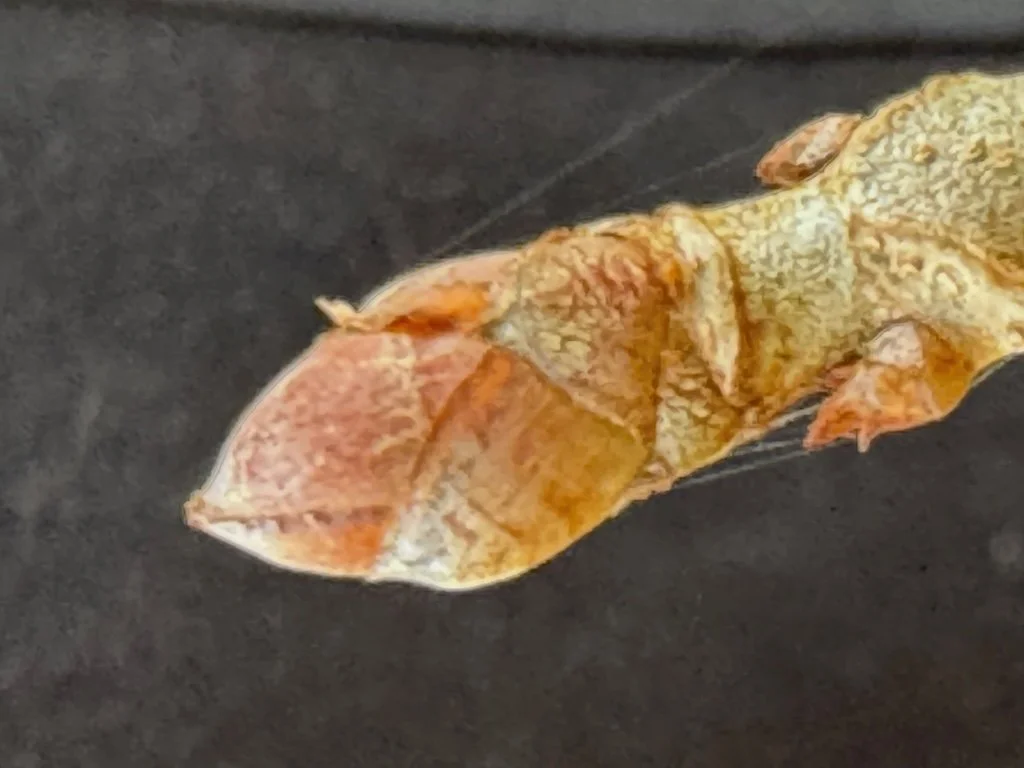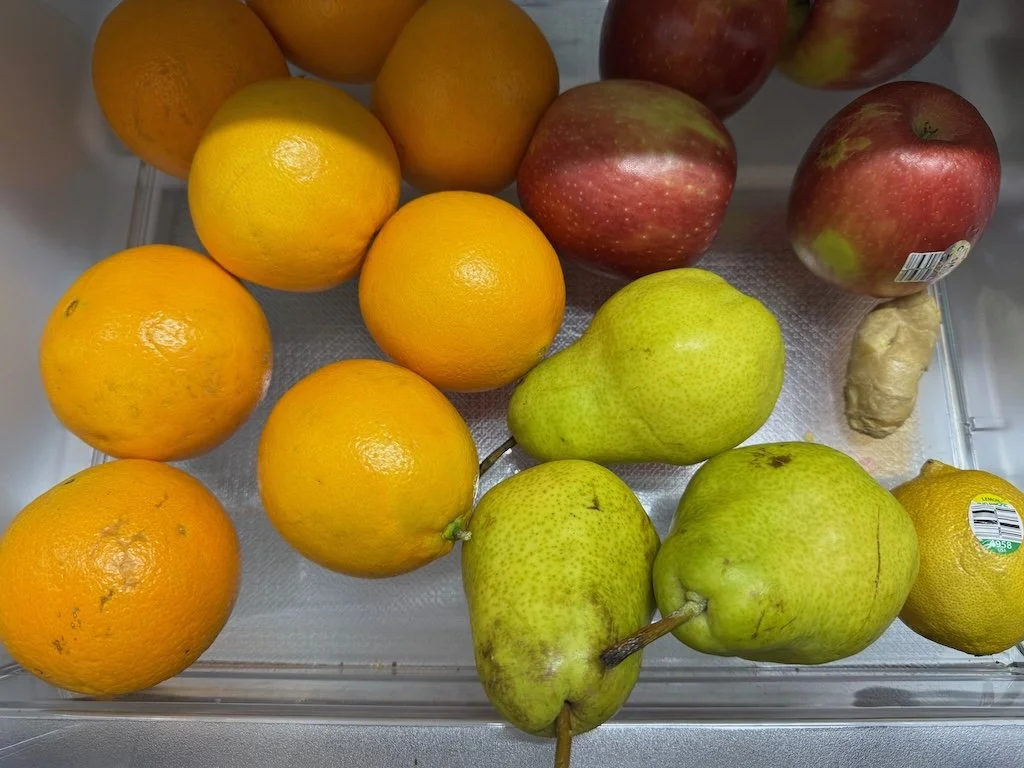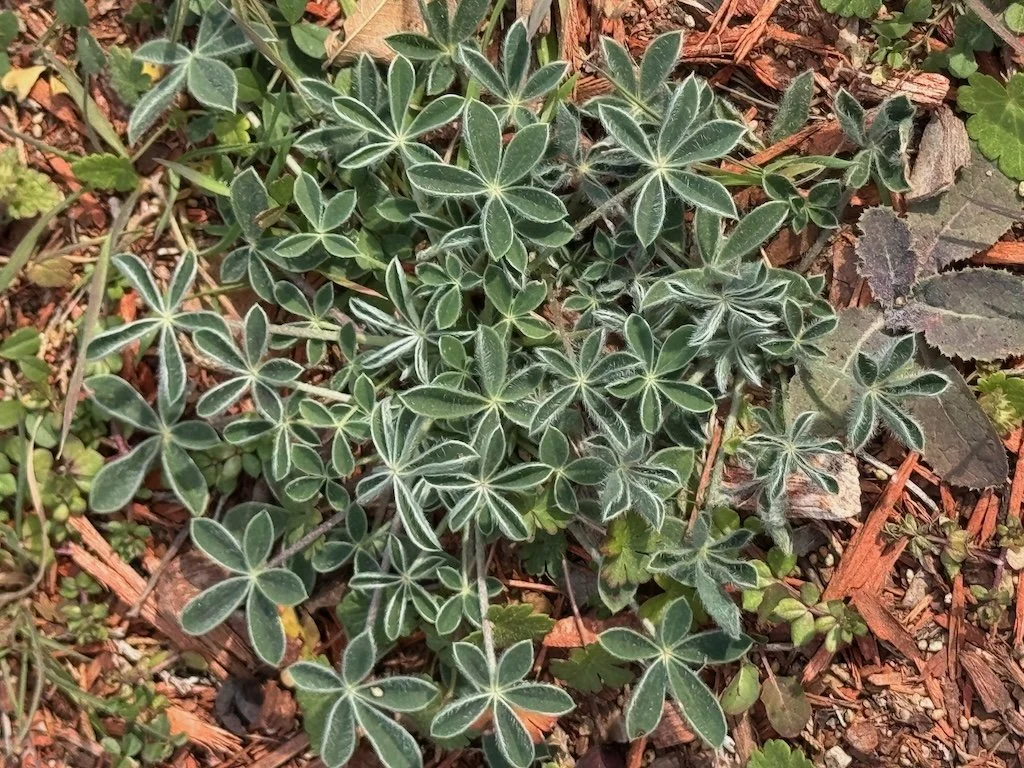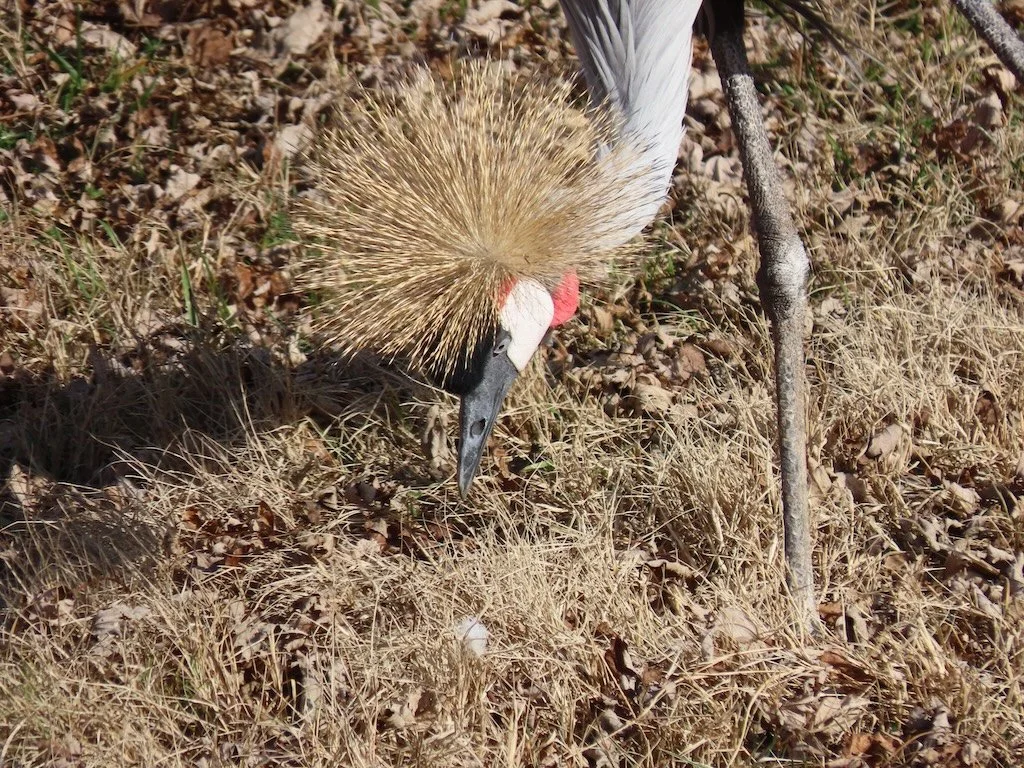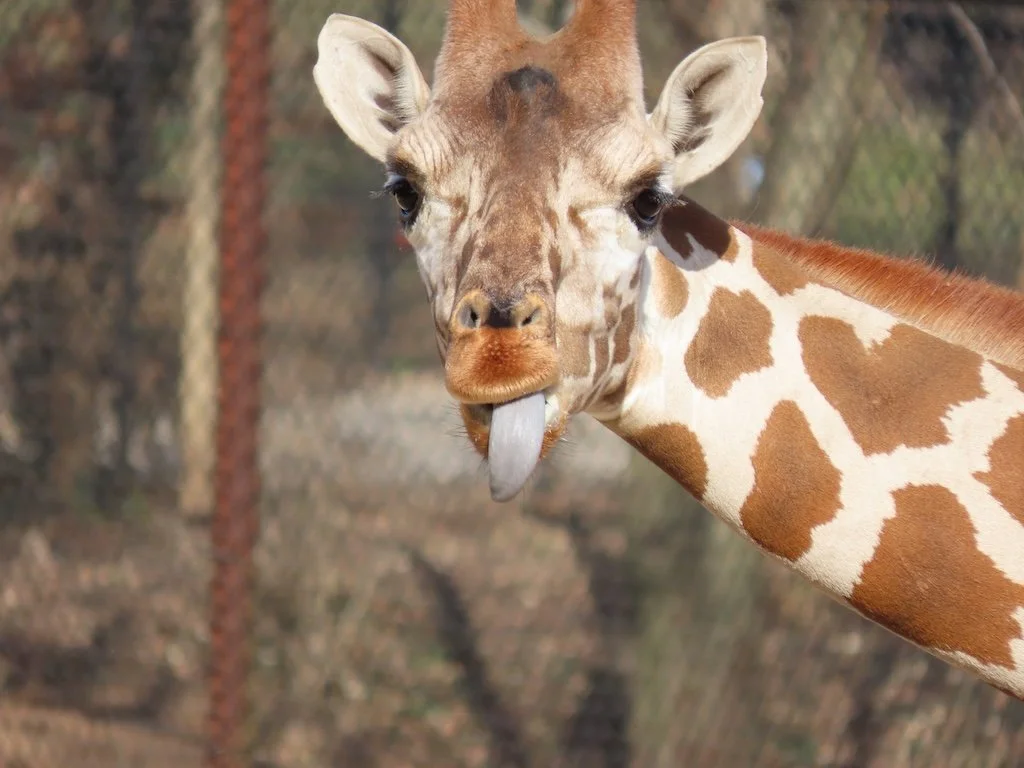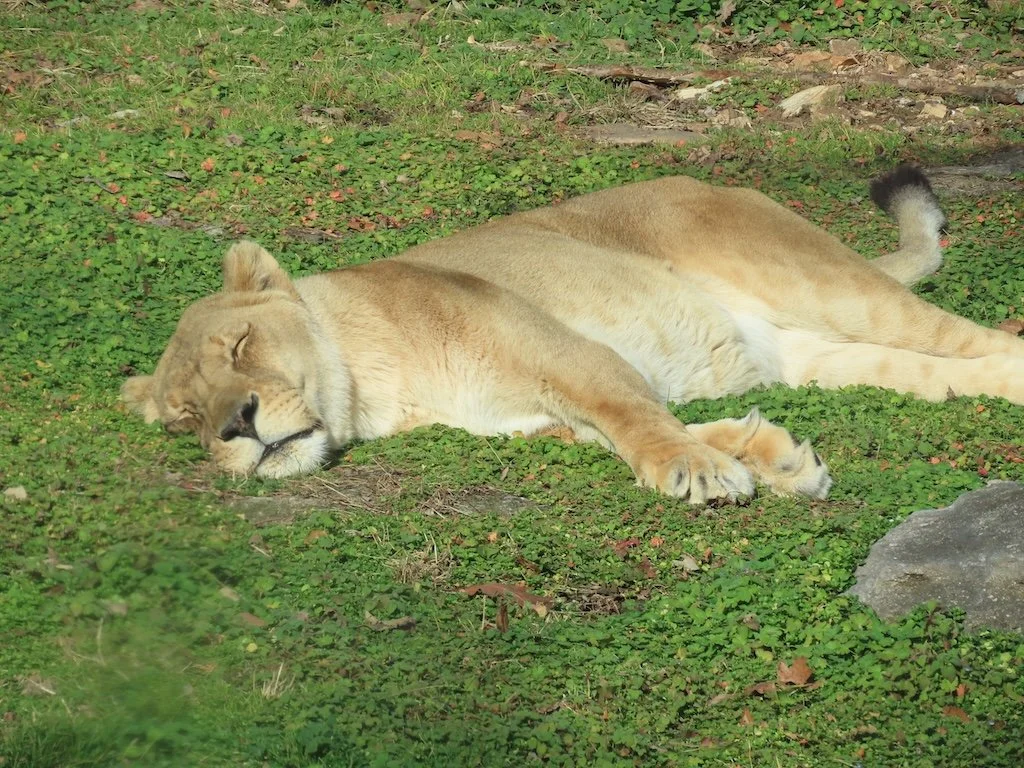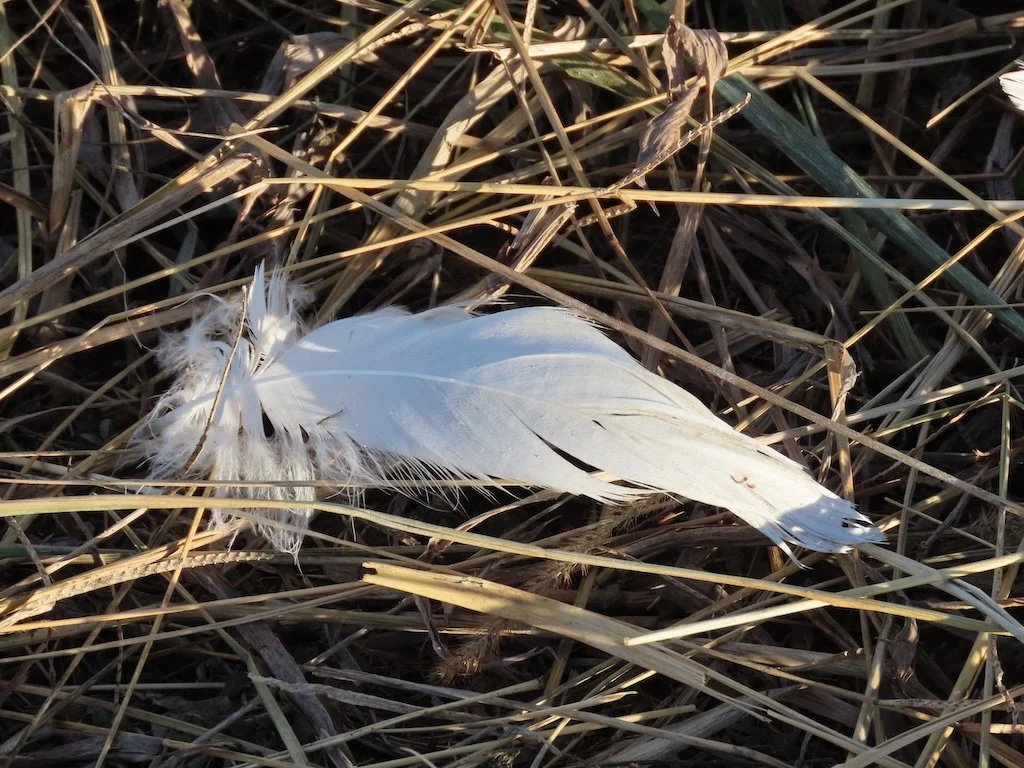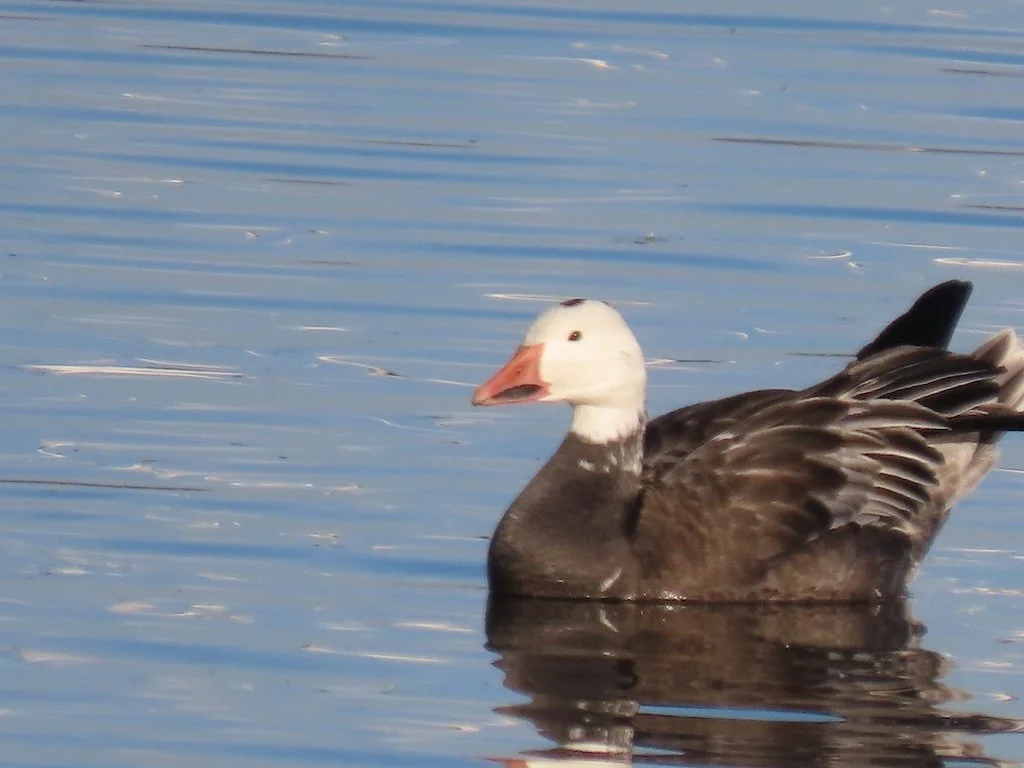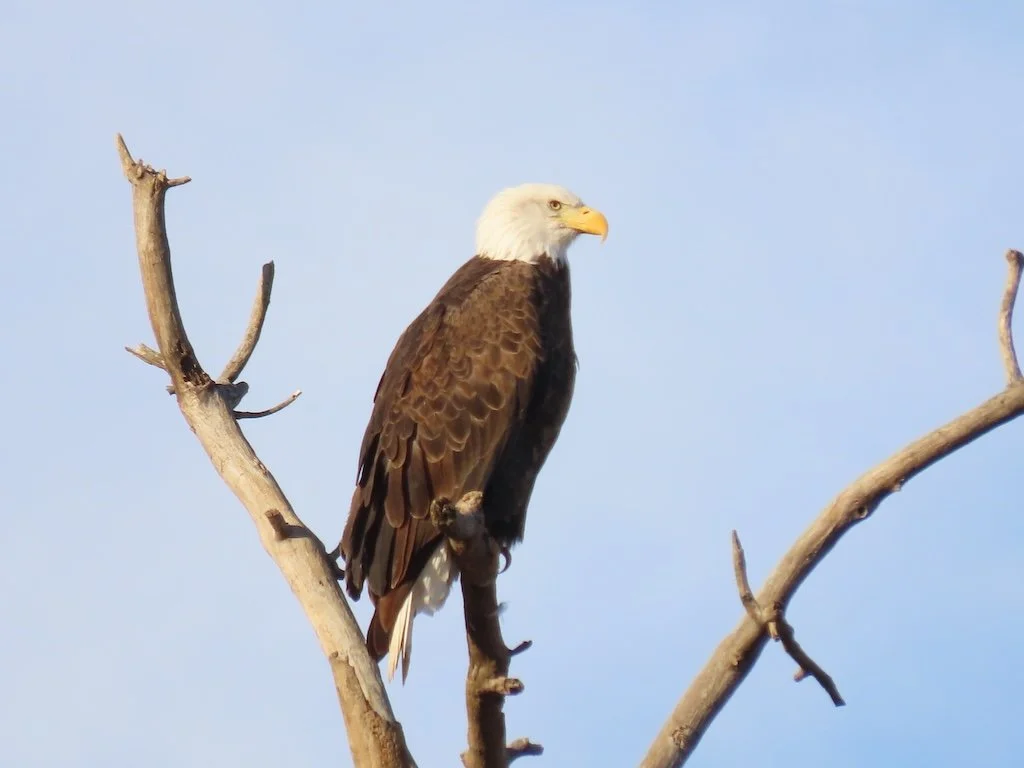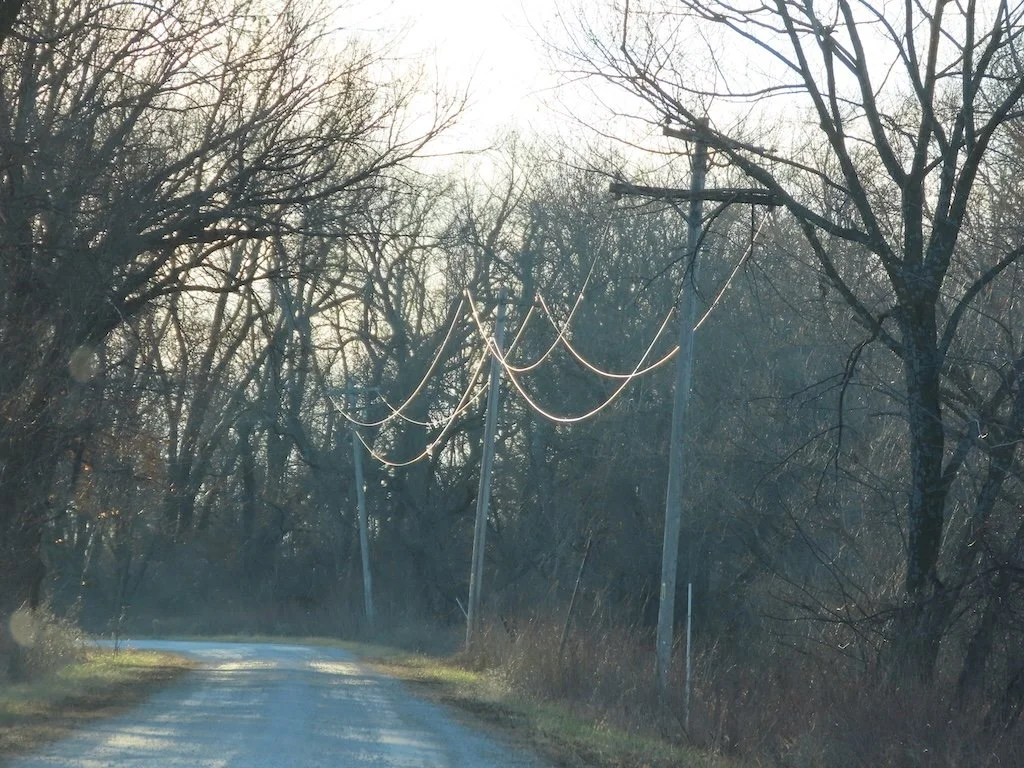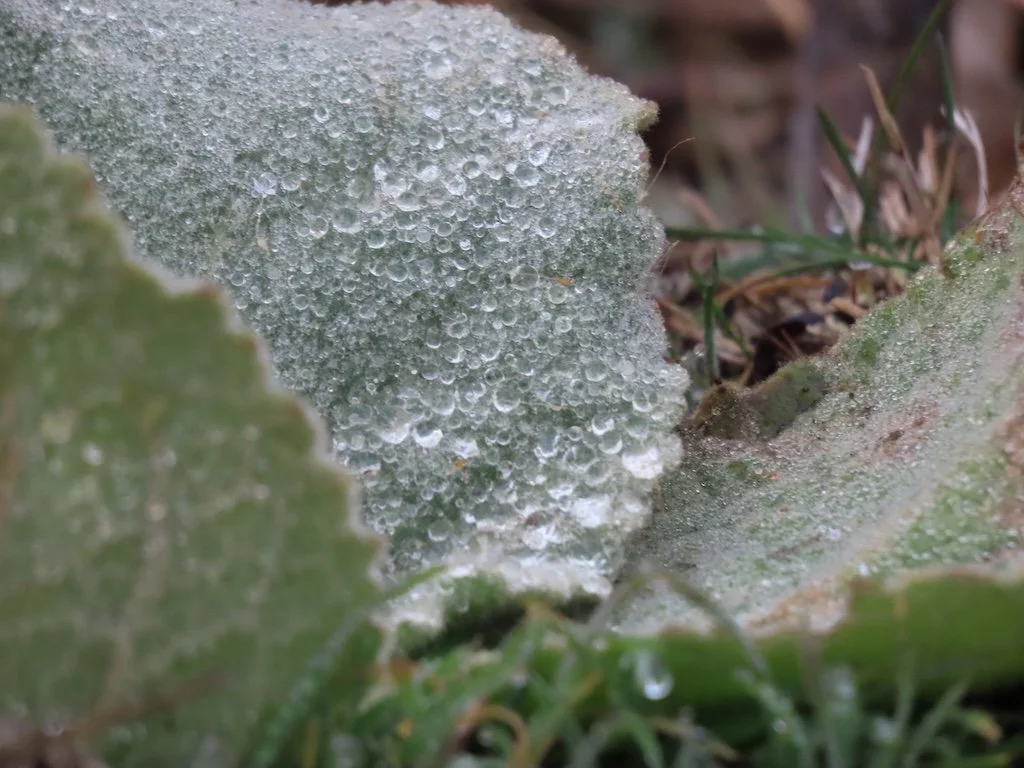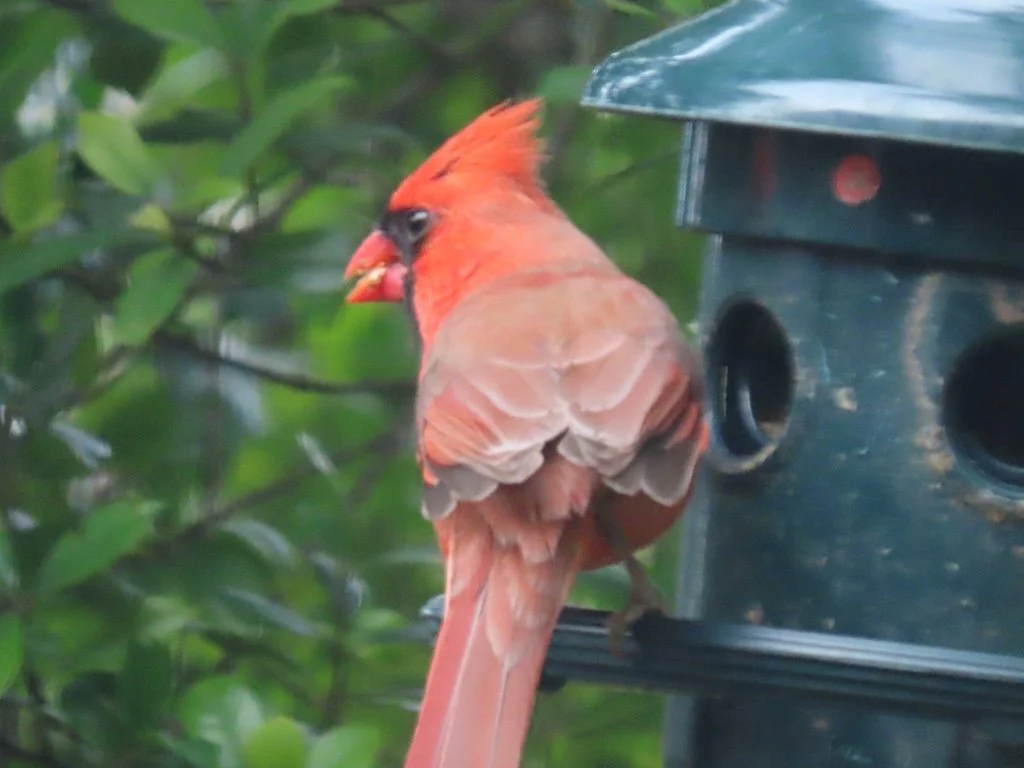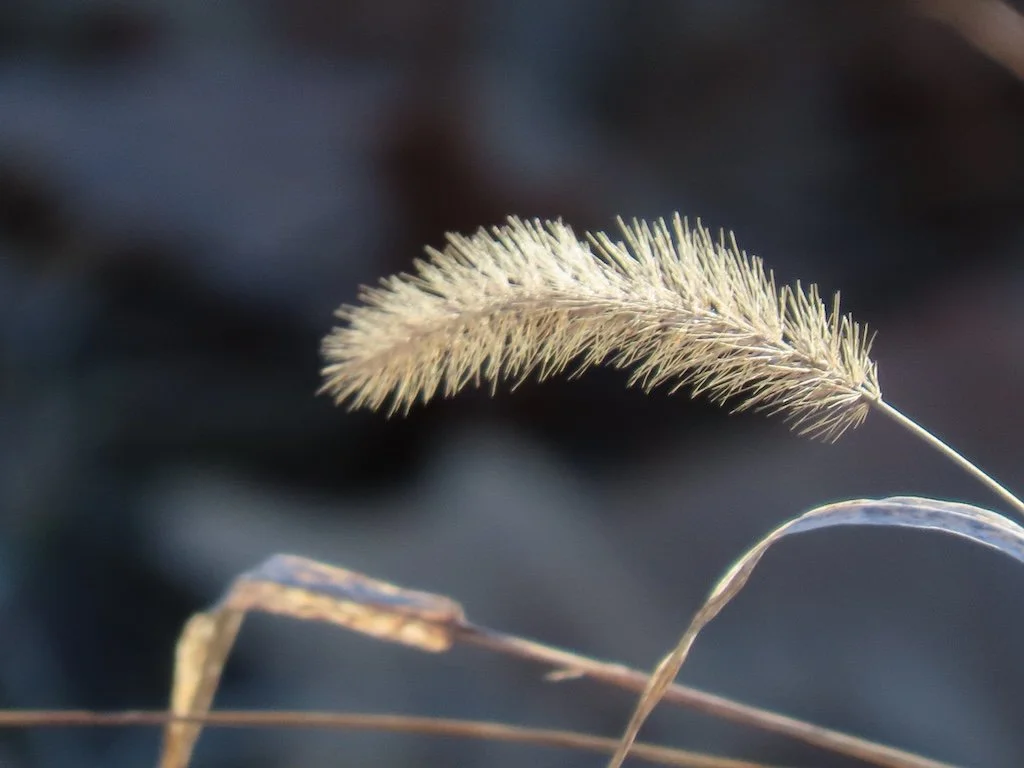Fall Field Trips
/It’s been a busy season for Howard County Conservancy Field Trips for K-4. This is my second fall as a volunteer naturalist. There was an uptick in the number of field trips and there were definitely times that it would have been easier with more volunteers….but I enjoyed every one of my hiking groups. The buses generally arrive about 10 AM and the children are divided into hiking or lesson groups. The volunteer naturalists take 5-10 students with their chaperones on about an hour long hike then there is a big swap and the lesson group gets divided into hiking groups….and the volunteer naturalist guides a second hike. At the end there is hand washing and a picnic lunch (or return to school for lunch).
Everything is outdoors so the weather is sometimes a concern. The last field trip was last Friday and it was, by far the coldest of them all. But everyone dressed for the weather. Some of the children even decided it was worth taking a glove off temporarily to feel milkweed down!
You might be wondering what the pogo stick looking object in the picture is. It is a soil auger that is the favorite of all second graders on the soil hike. Everyone gets to use it and all the students are hands on with the samples collected. It’s my favorite from volunteer naturalists perspective too: it is indestructible, gets participation from everyone (sometimes even the chaperones), and the students are thrilled with transitioning what they’ve learned in class to ‘field work.’




